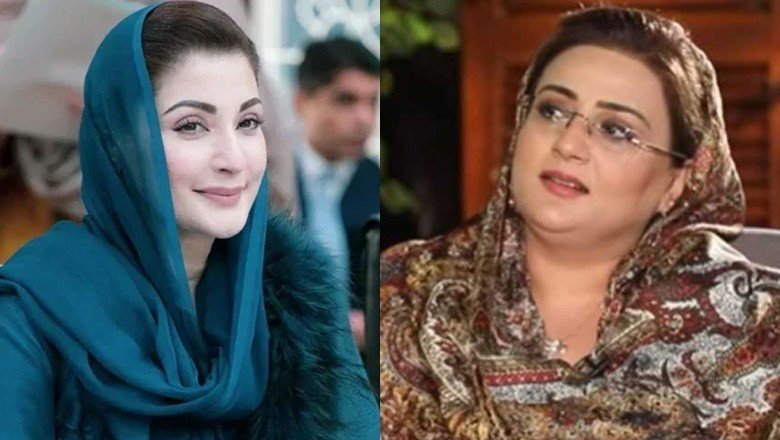From the MediaBites Desk
In a bold and much-needed move, the Punjab government has stepped up to protect media workers by linking government ad payments to the timely payment of salaries by media outlets. That’s right—no salaries, no government payments.
This important decision was made during the second meeting of the Special Committee for Journalists’ Issues, chaired by Secretary Information Punjab, Syed Tahir Raza Hamdani. The meeting was held on the direction of Punjab’s Information and Culture Minister, Azma Bokhari, who’s been vocal about standing up for journalists.
Also present was Director General Public Relations (DGPR) Punjab, Ghulam Saghir Shahid, along with key representatives from media organizations including APNS, CPNE, and AMEND. Together, they discussed long-standing concerns about delayed salaries and other challenges faced by working journalists.
Under the new policy, government advertisements and payments to both print and electronic media will only be released if media houses pay their staff on time. To keep everyone honest, the DGPR has been given the authority to hold back payments from outlets that default. Media companies must now submit a monthly salary disbursement certificate as proof.
This move is being hailed as a game-changer by journalists across Punjab who have long struggled with irregular payments despite their hard work in often difficult conditions.
But that’s not all.
In another welcome step, the committee has slashed the experience requirement for press accreditation cards—from 10 years down to just 5. This change will help many young and mid-career journalists gain access to official press credentials more easily, giving them the recognition and support they deserve.
The meeting also tackled the issue of dummy newspapers—those shady, non-existent publications created just to collect ad revenue. Media leaders threw their weight behind the DGPR’s campaign to eliminate these fake outlets and committed to supporting real, responsible journalism.
Among the top media names in attendance were Sarmad Ali (President, APNS), Kazam Khan (President, CPNE), Hafiz Tariq Mahmood (Secretary, AMEND), Ayaz Khan (Senior Vice President, CPNE), along with APNS members Noorullah and Mohsin Mumtaz. Their collective voice gave strong backing to the reforms.
With these new steps, the Punjab government is sending a clear message: journalists matter, and media houses must play fair. It’s a promising sign that the voices of media workers are finally being heard—and acted on.
Stay tuned to MediaBites for more updates on media reforms and journalist rights.



1 Comment
Good work